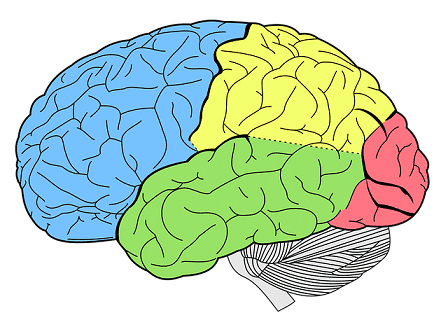The scientific term for water in the brain is Hydrocephalus. Water in the brain occurs when too much fluid builds up in the brain. Specifically, when extra CSF (cerebrospinal fluid) collects in the cracks (ventricles) of the brain.
The underlying reasons for Hydrocephalus are:
- One of the ventricles in the brain has jammed or narrowed, ending or confining the flow of CSF so that it cannot leave the brain.
- Too much CSF is formed.
- CSF cannot filter into the bloodstream.
Causes of Water in the Brain at Birth
When a baby is growing in the uterus of the mother, both the mother and baby should be monitored continuously. Unfortunately, health conditions in the developing fetus can cause problems in how the brain grows. Hydrocephalus is common in children with severe spina bifida which is a birth defect of the spinal cord.
The most common reason is that the baby is born with an obstacle in the cerebral aqueduct, a long passage in the midbrain that fixes two large ventricles.
Infections during pregnancy can also affect the growth of the baby’s brain. Some of these infections can be German measles, mumps or syphilis.
Acquired Hydrocephalus
Injury or disease after birth could cause this condition which will result in obstruction between the ventricles. The following may cause:
- Meningitis – Inflammation of the membranes of the brain or spinal cord.
- Bleeding inside the brain
- Brain lesions – Areas of injury or disease within the brain. There are many causes including injury, infection, exposure to certain chemicals, or problems with the immune system.
- Noncancerous or cancerous growths in the brain
- Stroke – A condition where a blood clot or ruptured artery or blood vessel interrupts blood flow to an area in the brain.
Heart disease, high blood cholesterol levels or diabetes can affect normal blood flow, additionally causing a softening of brain tissue, which may result in increased pressure on the brain.
Get water dispenser and water machine from Living-Water in London.






